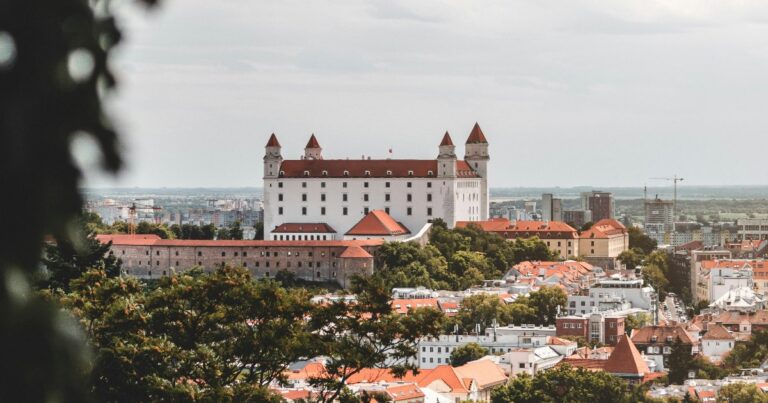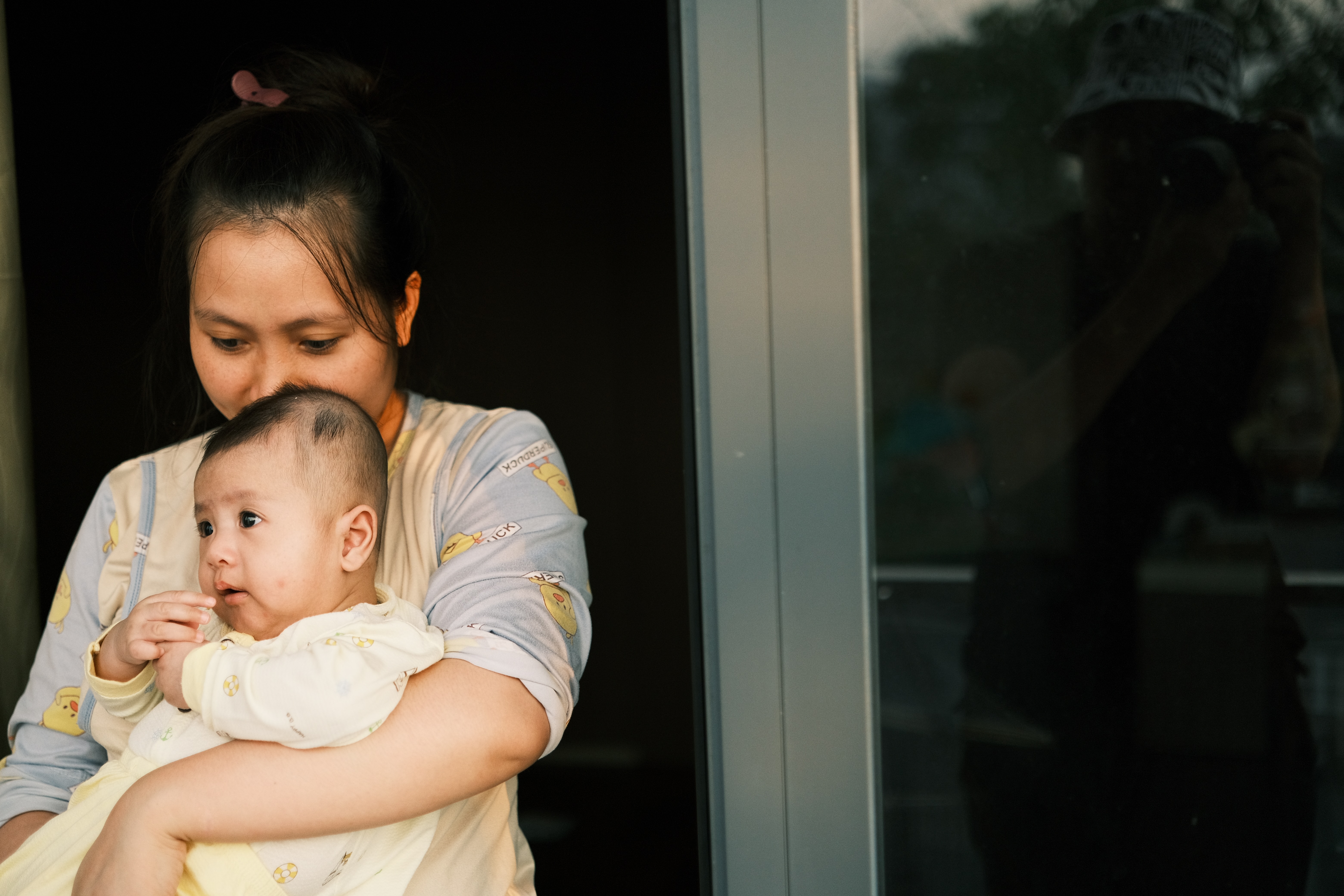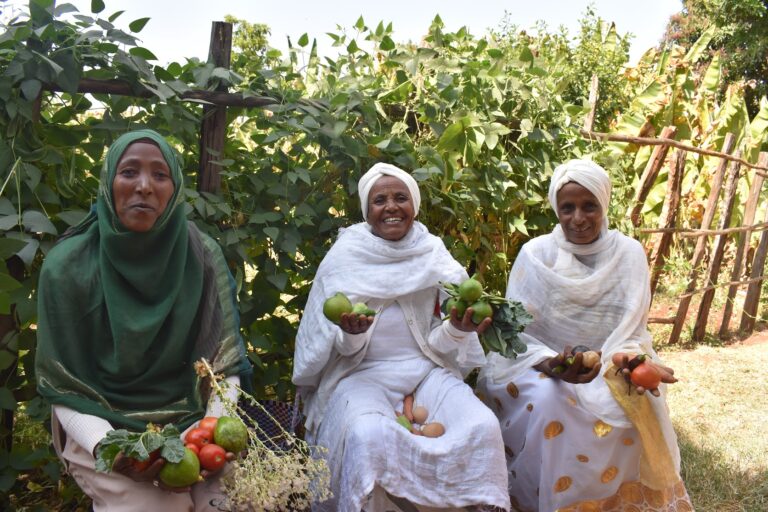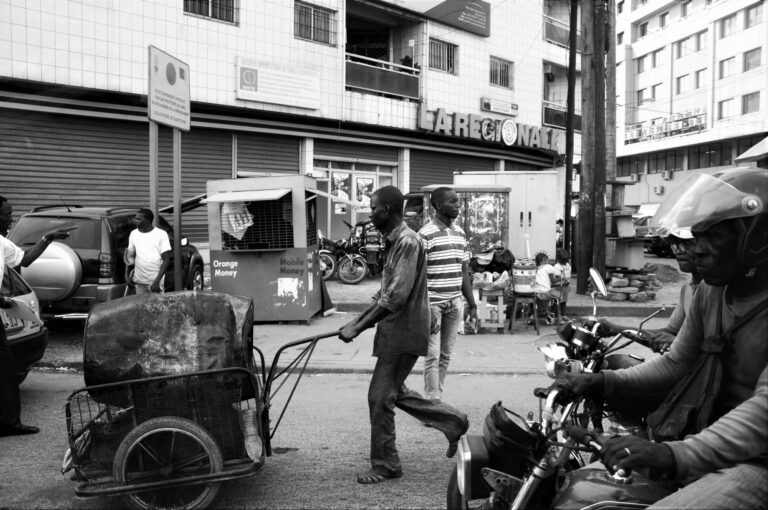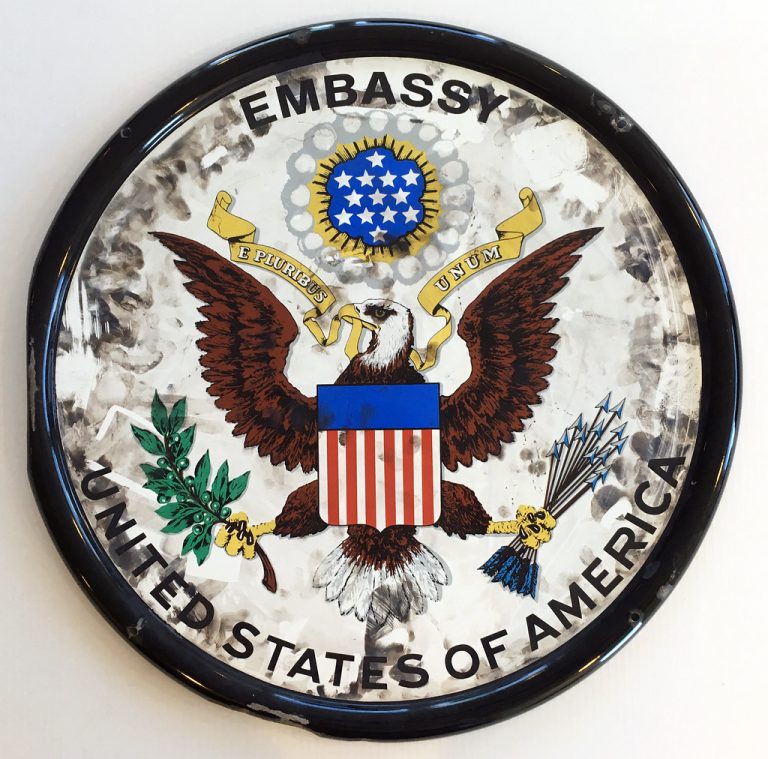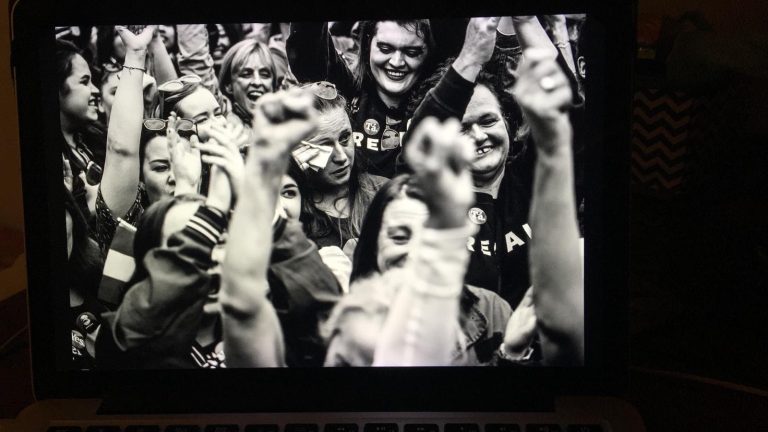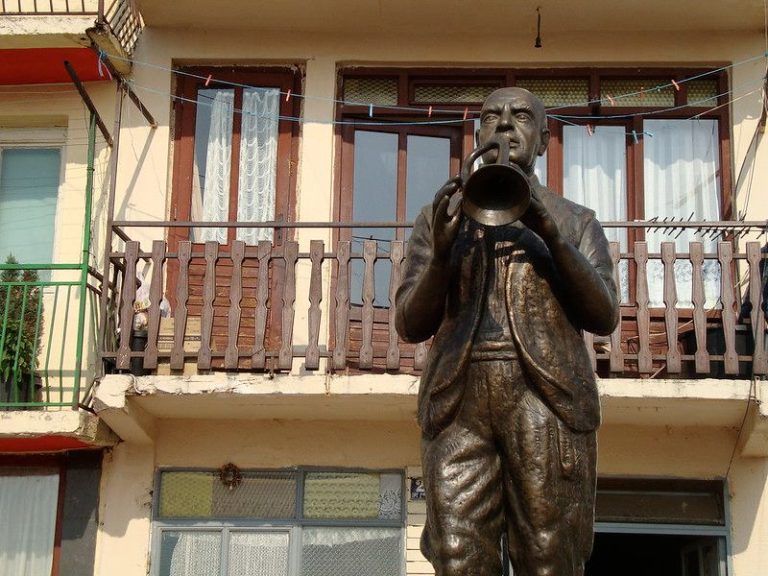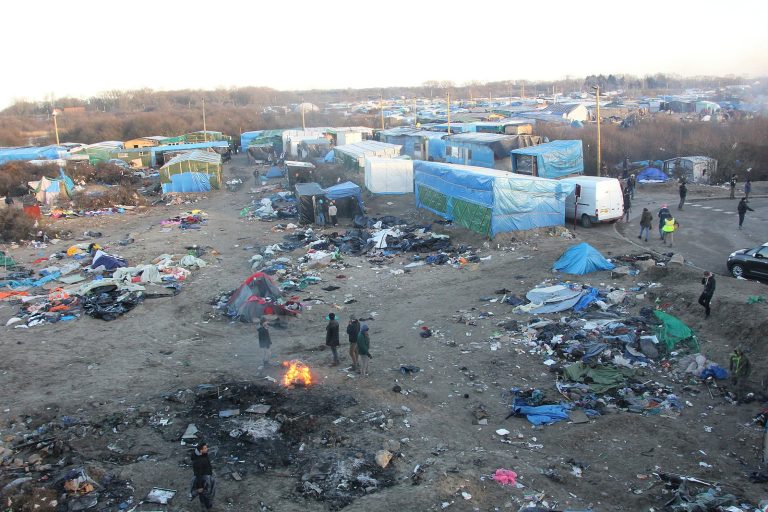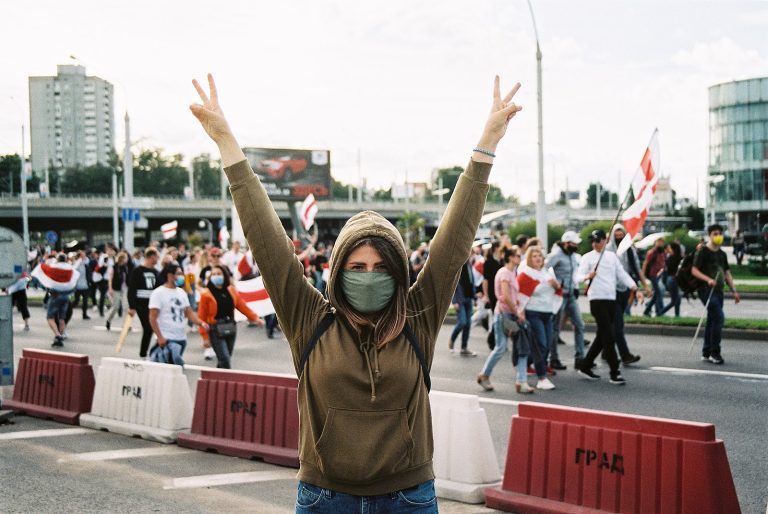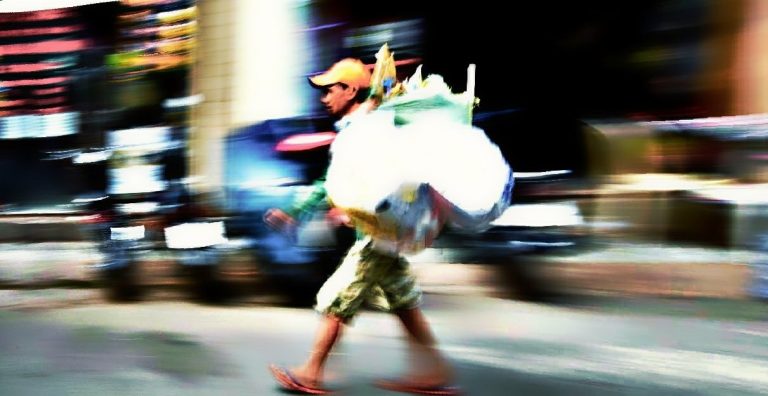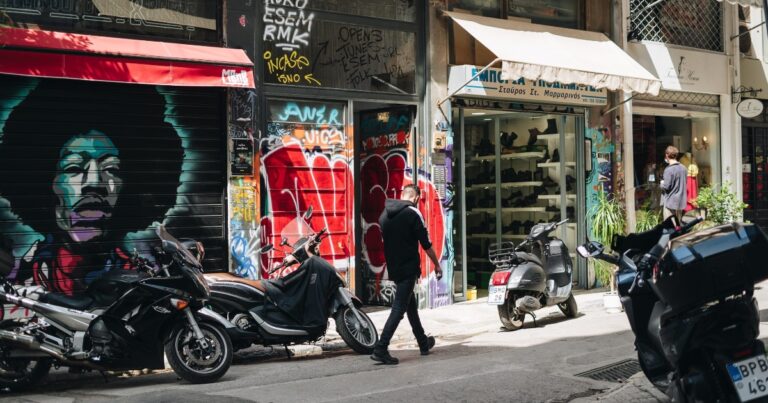
Once upon a time in London (really, it was 2011), Artak Beglaryan and I were both completing master’s degrees at the University College London’s School of Slavonic and East European Studies.
This interview was originally published on September 26, 2021, in Lazo Magazine’s weekly newsletter. It’s a conversation between Lazo Magazine’s founder and Editor-In-Chief, Cristina Maza, and Artak Beglaryan.
Today, Artak is the Minister of State of Nagorno Karabakh, a disputed territory in the Caucasus to which Azerbaijan and Armenia lay claim. Nagorno Karabakh is officially part of Azerbaijan, but most of the population is ethnic Armenian and wants to govern itself.
The conflict over Nagorno-Karabakh has been mostly frozen since the mid-1990s, but renewed fighting broke out in 2020. The violence lasted for six weeks, leaving over 5,000 people dead and tens of thousands displaced.
If you want to know more about the history of the conflict and the recent dispute over prisoners of war, you can read my article for VICE here. But Artak and I spoke over the phone recently about what Nagorno Karabakh needs now and what it’s like to run the government in a tiny disputed territory.
You can read our conversation below.
Disclaimer: The content of these conversations does not reflect the opinions of Lazo Letters. This is one interpretation of a very complex situation, and I’m aware that many other analysts, experts, and people on the ground will have their own understanding of these events.
Cristina: Congratulations on your new position. Can you tell me about the job and what your plans are for the role?
Artak: Right now, I am State Minister, which is something like the Vice President because I am the second executive after the President. I am also coordinating the activities of several ministries, including the Ministry of Social and Labor Affairs, education, culture, science, and justice. And most humanitarian issues are also under my coordination. That’s all.
Cristina: That is an extremely broad role. How are you juggling all of that?
Artak: Most of the Ministers work independently, but I am coordinating their work. I’m not always jumping into the details. I’m giving them broad directions and setting goals. I am also monitoring how they are doing and carrying out the tasks the President and I have given them.
I have a staff of over 40 employees, and each ministry has even bigger teams. Many have more than 150 workers.
Cristina: What are your main goals going into this new role? What do you hope to accomplish?
Artak: My most significant task is to deal with the humanitarian issues from the war. My first goal is to overcome the emergency situation because over 27% of our population is internally displaced persons (IDP).
That’s a huge number for us. It’s a population of over 40,000 people, which isn’t huge nominally. But for our country, it’s enormous.
We need to tackle the housing problem. That’s the number one humanitarian issue.
Right now, we are building houses and providing temporary housing. But still, over 2/3rds of our IDPs are in Armenia because we don’t have enough temporary housing solutions in Nagorno Karabakh.
Secondly, we also have social problems, labor problems, and income problems. We need to solve these problems for IDPs but also for other socially vulnerable groups.
We give cash support to people, but we are also working on restoring the economy. We have some development project plans, and in 18 months, we will launch a few projects to develop the economy.
Still, we don’t have tangible international support. We get help from the Armenian government and the Armenian diaspora, but it’s not a lot for us.
The second goal is to implement long-term reforms to overcome systemic institutional problems.
We’ve had a crisis, and a crisis is a chance for us to implement institutional reforms in education, in social affairs, and in the healthcare system.
Cristina: What kind of support does Armenia give you?
Artak: They give us a lot of humanitarian and financial support. This year, the government of Armenia provided us with over $180 million in humanitarian support. That’s quite a large sum for us.
They also gave over 80% of our annual budget, which is over $160 million.
Without Armenia, we cannot live here.
The Armenian diaspora also sent a few hundred million dollars, around $250 million to support housing projects and other primary humanitarian needs.
Cristina: How have things changed since the outbreak of violence in 2020? And what is the security situation like now?
Artak: Things are getting better. The situation is much more stable than it was immediately after the war. Immediately after the war, it was winter, and people didn’t have housing. Now the situation is somewhat stable.
We’ve launched large projects to build new buildings, communities, and settlements. At the end of this year, we’re going to finish the first construction projects, and by the beginning of 2022, we expect the housing situation to be much better.
The security situation is also stable. The most problematic security situation was the constant uncertainty after the war. Now people see that they can plan their lives and have a future here.
But, of course, it’s a fragile situation. Azerbaijan and Turkey are pretty aggressive, and they want to destabilize the security situation. In Nagorno Karabakh and Armenia, they want to jeopardize the Russian peacekeepers’ security guarantees.
They sometimes make statements about the temporary status of the Russian peacekeepers to make people fear that they can’t have a future here. They say they will take all of Nagorno Karabakh with force, and the international community doesn’t react. Sometimes they violate the ceasefire with minor violations. It’s a way to pressure people to leave.
We currently have a population of 120,000 people. Before the war we had a population of 135,000. That means that over 85% of the population has returned, which is not so bad.
Cristina: How do you assess the role of the Russian peacekeepers?
Artak: Quite positively. They are the number one factor for having peace here. There is no other international force keeping peace in Nagorno Karabakh.
Also, our army is weak after the war. We experienced significant losses, both human losses and a loss of arms. Azerbaijan and Turkey are both against us, and they have a lot of sophisticated weaponry. Given this, we can’t protect our homeland alone.
Russian peacekeepers are pretty essential for us.
Unfortunately, there is no other international effort. There is no humanitarian or international human rights organization present.
We have three co-chairs for mediation efforts, Russia, the U.S., and France, under the OSCE Minsk Group. But even those co-chairs haven’t visited since the war. We want a peace dialogue and negotiations under the OSCE, but Azerbaijan blocks all of the efforts.
The United Nations organizations should visit Nagorno Karabakh. We are open to that.
But we haven’t gotten much international humanitarian aid because Azerbaijan blocks access to humanitarian organizations and politicizes all humanitarian efforts.
The United States Agency for International Development (USAID) gives money to the Halo Trust for demining, but nothing else.
We have many needs because of the war and long-term humanitarian needs, like access to water resources, education, and economic development. Over 50% of our kids are deprived of preschool education. Over 40% of our whole population has difficulty accessing clean drinking water. We need hundreds of millions of dollars just for our basic needs.
International human rights law says that, regardless of status, no area should be denied humanitarian support. Only the International Committee of the Red Cross is here.
That’s why I say the humanitarian community has failed to protect our human rights.
